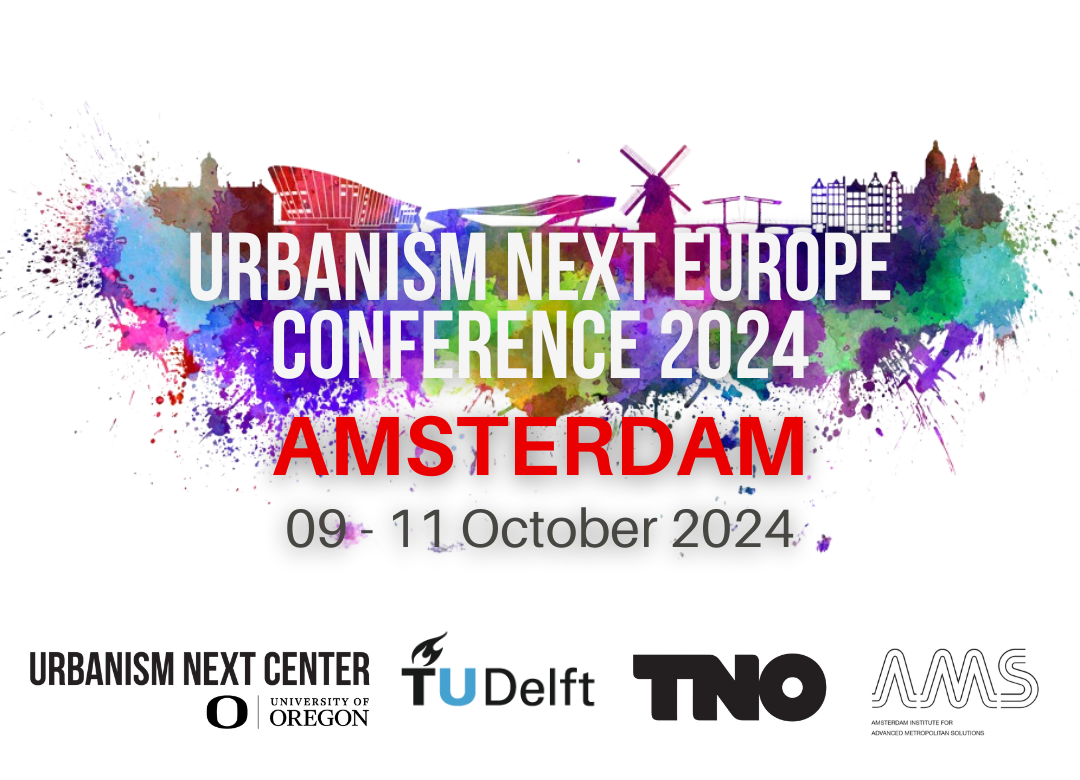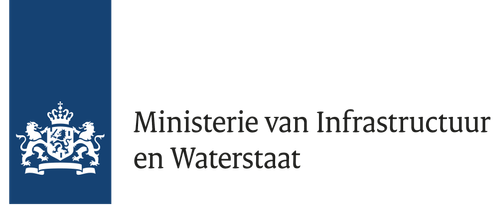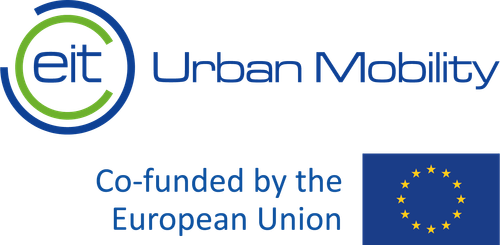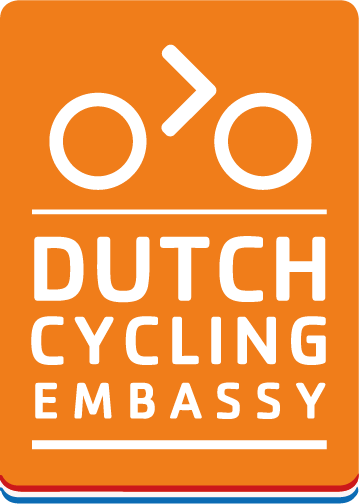
 Go Back
Go Back
Public Mobility: The next generation of MaaS
This session focuses on the evolution of MaaS towards Public Mobility, juxtaposing the big promises and premise of MaaS with real-world implementation: from MaaS 1.0’s app-centric introduction, towards Public Mobility (2.0) with full integration and the 3.0 development towards legacy system transformations. TNO will present research insights regarding government roles in MaaS-ecosystems, and Cityfi will share perspectives on private sector engagement. The Ministry of Infrastructure and Watermanagement (Netherlands) will showcase their lessons learned and next steps on MaaS. We will conclude with a paneldiscussion envisioning MaaS's future, debating nomenclature, shaping perceptions, and overcoming barriers.
Presenters

|
Bon Bakermans, Dutch Ministry of Infrastructure and Water Management Bon is a dynamic policy advisor at the Dutch Ministry of Infrastructure and Water Management. He focuses on the future of mobility and its link to data and digitalisation. |

|
Evan Costagliola, Cityfi Evan is a senior principal at Cityfi, a global innovation and strategic advisory consultancy, where he leads the firm's European practice. Evan leads mobility policy, strategy, pilots and partnership projects, including zero-emission transition, mobility management, shared mobility, curb management, mobility hub, and start-up advisory work. Previously, he managed Nelson\Nygaard's Emerging Mobility Practice, ran transportation partnerships and data policy for Lime, and served as the Seattle Department of Transportation's New Mobility Manager |

|
Marjolein Heezen, TNO Marjolein Heezen is a consultant and researcher in urban innovation and mobility at TNO Vector, a Dutch think-tank and knowledge institute. As an engineer with a background in mechanical engineering, innovation and transition management, her work focuses on translating innovations to society so they contribute to societal goals and future-proofing. Her areas of expertise focus on urban issues, new mobility concepts and innovation capacity, providing insights on policy, governance and strategy. With her research, she commits to bettering the world of today, tomorrow and the day after tomorrow, where - with a lot of courage - ambitions can become reality. |

|
Nico Larco, Urbanism Next Center / University of Oregon Nico Larco, AIA is a Professor of Architecture and Urban Design at the University of Oregon where he is the Director of the Urbanism Next Center and Co-Director of the Sustainable Cities Institute. Prof. Larco assists cities and projects with future-proofing, has run workshops and charrettes nationally and internationally on this topic, and is currently coordinating work in this area with various municipal and state agencies across North America and in Europe. He also recently published the Sustainable Urban Design Handbook - available here: https://www.amazon.com/Sustainable-Urban-Design-Handbook/dp/1138945692. |

|
Karina Ricks, Cityfi Karina has a long history of promoting and implementing urban innovation in the U.S. and internationally. Prior to joining Cityfi, she has served at the national level as Associate Administrator for Innovation at the U.S. Federal Transit Administration, at municipal level as Director of Mobility and Infrastructure for the City of Pittsburgh and for the District of Columbia as the Director of Transportation Policy and Planning. Karina is a thought-leader in integrated and equitable public mobility catalyzing critical national investments to address transportation insecurity, advancing the adoption of transit data standards and launching the multimodal MovePGH program. |

|
Kevin Vedder, TNO Kevin Vedder is a researcher at TNO working on the spatial integration of various transitions, with particular attention for mobility and energy. Having a background in spatial planning, he often takes the integrator role, connecting multiple domains. He has worked on projects regarding new mobility concepts, governance and policy, and the spatial implementation of the energy transition. |












